| |
|
|
|
|
|
|
| |
|
Editor's note
|
|
The toll of Alzheimer’s disease is growing, with the average cost per patient far outstripping that of a cancer patient, while patients and families continue to suffer. Advances in care have been made but more could happen if patent law didn’t discourage investment in long-term clinical trials, writes Todd Golde, director of the McKnight Brain Institute at the University of Florida. The problem, he explains, is that the private sector does not have a clear financial incentive to conduct these studies.
And another physician-scholar writes about how the families of those dying from any disease are often overlooked. While it’s only natural that medical students are taught to focus on the patient, writes Indiana University’s Richard Gunderman, “there is another group of people to whom health professionals need to learn to attend: the dying patient’s family.”
|
Lynne Anderson
Health + Medicine Editor
|

|
|
Top Stories
|
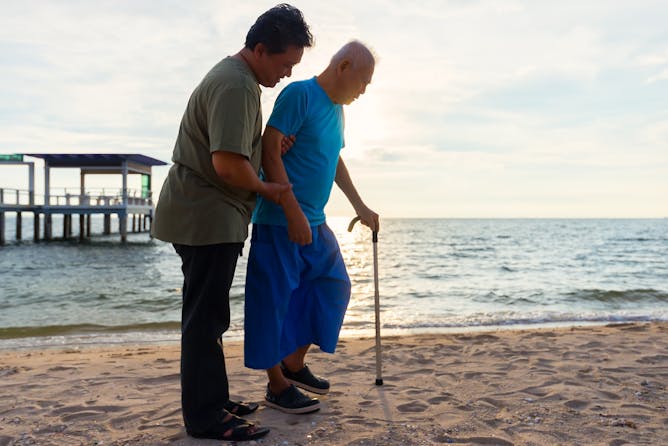
Family members often become primary caregivers for loved ones with Alzheimer’s disease.
tonkid/Shutterstock.com
Todd Golde, University of Florida
The first clinical trial examining a drug to treat Alzheimer's was begun 30 years ago. There is still no cure and no known way to prevent the disease. Two factors may contribute to that.
|
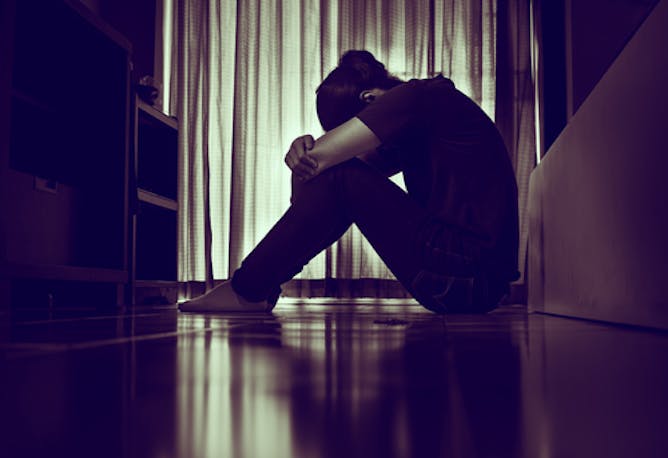
Surviving friends and family of a person who dies often go through deep grief.
Ker_vil/Shutterstock.com
Richard Gunderman, Indiana University
When a patient dies, grieving family and friends too often languish in neglect.
|
Arts + Culture
|
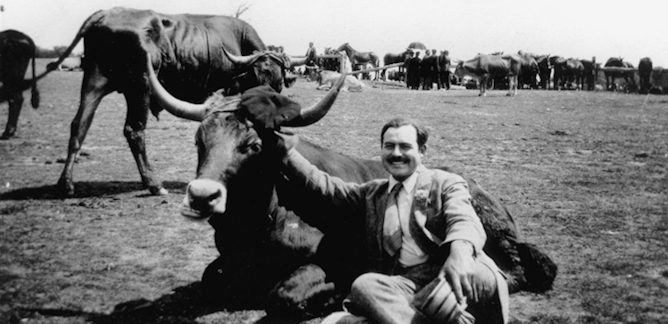
Verna Kale, Pennsylvania State University
A newly published batch of Ernest Hemingway’s letters could change the way we think about the author's influences, relationships with other writers and views on race.
| |

Marick Masters, Wayne State University
Joe Ricketts abruptly shut down DNAinfo and Gothamist after his employees voted to unionize. Is what he did legal? And how could similar events be prevented in the future?
|
|
|
Economy + Business
|
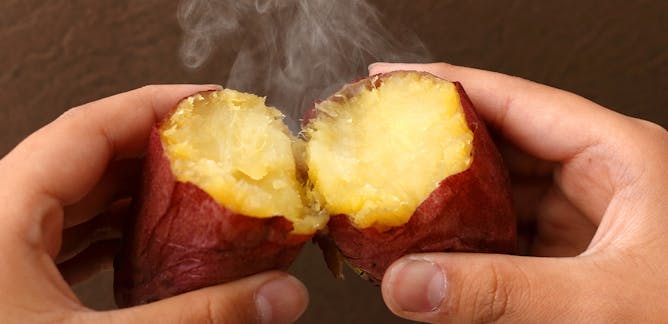
Steven Pressman, Colorado State University
The House just passed its version of the tax plan, which includes about US$1 trillion in cuts for corporations. The question, who will be left holding the potato?
| |

Gil B. Manzon Jr., Boston College
Rather than tinkering with the deduction, Republicans should get rid of it altogether and replace it with something that would actually help more Americans afford a home.
|
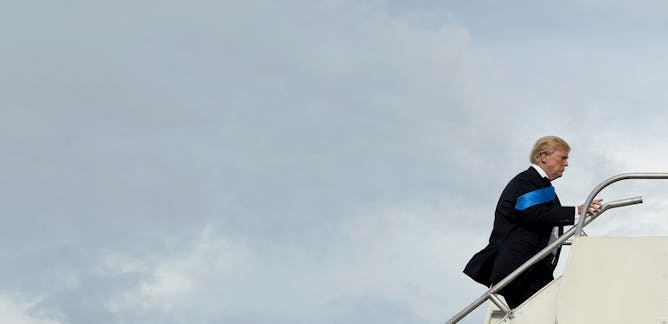
Charles Hankla, Georgia State University
American lawmakers in the 1930s learned the hard way what happens when a country raises tariffs and makes other unilateral trade decisions.
| |
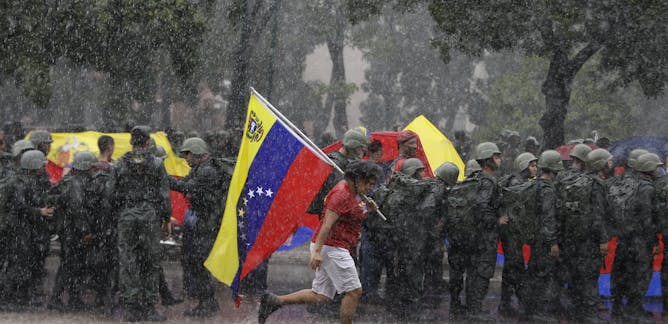
Henkel Garcia U, Andres Bello Catholic University (UCAB)
China, Russia and the International Monetary Fund are among those contemplating a Venezuela bailout. But help for this debt-stricken nation seems far from assured.
|
|
|
Ethics + Religion
|
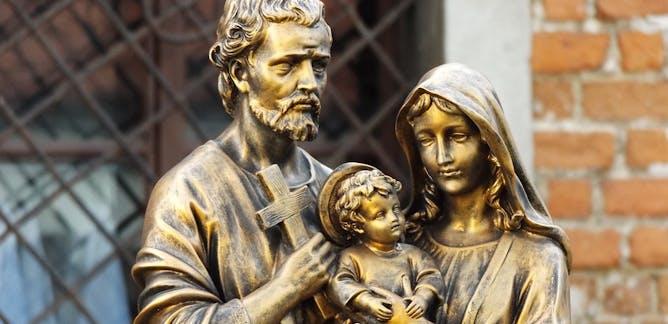
Christopher A. Frilingos, Michigan State University
The Alabama state auditor defended Roy Moore, citing Mary and Joseph. A scholar goes back to early Christian texts texts to explain lesser-known beliefs about the relationship.
| |
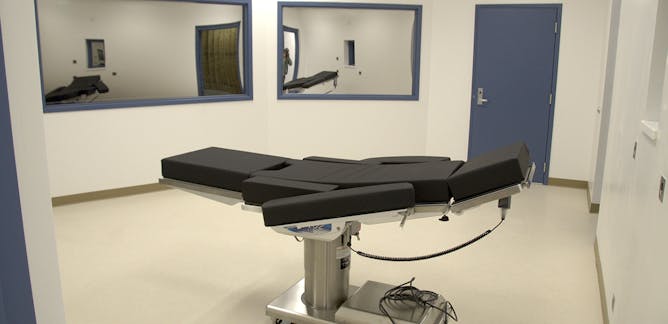
Austin Sarat, Amherst College
Nevada plans to use a new drug protocol for executing Scott Dozier, who murdered a 22-year-old. A scholar explains why this is problematic.
|
|
|
Science + Technology
|

Robert Kozinets, University of Southern California, Annenberg School for Communication and Journalism
The way people use social media – and the algorithms inside those systems – increases passions, and drives people to polarizing extremes.
| |
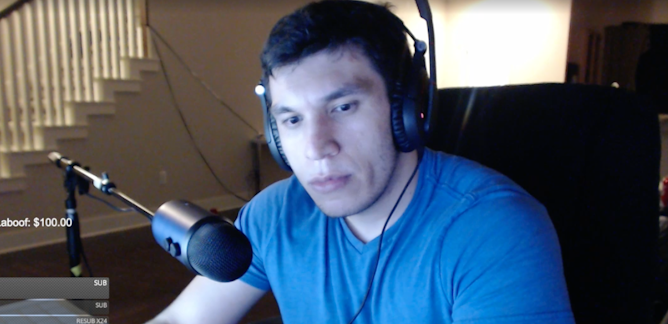
Giovanni Luca Ciampaglia, Indiana University
Many online communities have developed toxic social norms, including sexist tendencies, that they will need to address as more members join in.
|
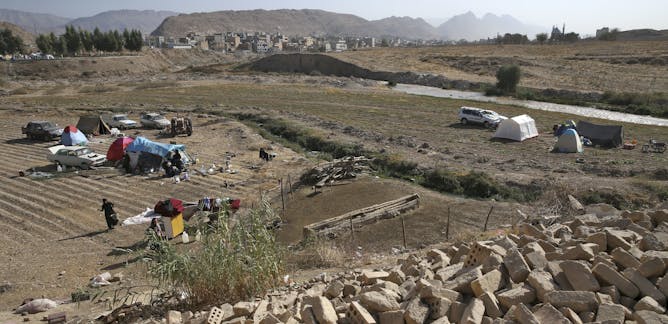
Amir Salaree, Northwestern University
The Nov. 12 earthquake wasn't centered on any known major faults in the Earth's crust. In its wake, scientists will collect data to add detail to what they know about seismic activity in the area.
| |
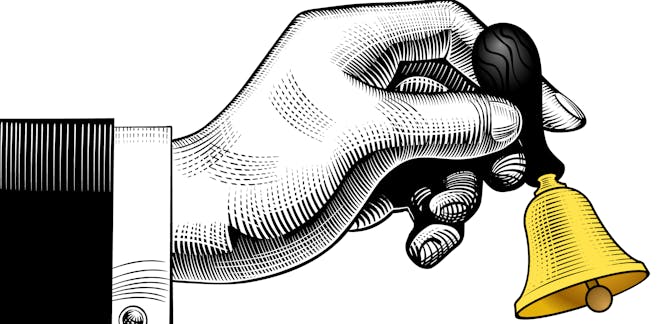
Edward Wasserman, University of Iowa
Pavlov’s drooling dogs hold the key to understanding many of our most important emotional experiences – as well as the overt actions we take to adapt to a world fraught with daunting challenges.
|
|
|
Politics + Society
|

Lisa Aronson Fontes, University of Massachusetts Amherst
The shooter at the Texas church had beaten his first wife and hurt his infant stepson. This connection between mass shooters and domestic violence is the norm, not an exception.
| |
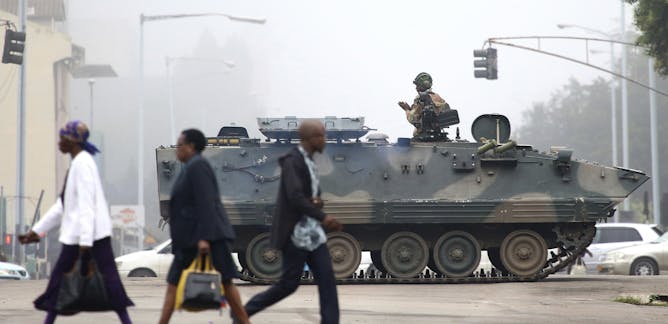
Rut Diamint, Torcuato di Tella University
Some observers think Mugabe's overthrow by the Army might be a good thing for Zimbabwe. An Argentinean expert on Latin America's bloody military dictatorships disagrees.
|
|
|
Energy + Environment
|
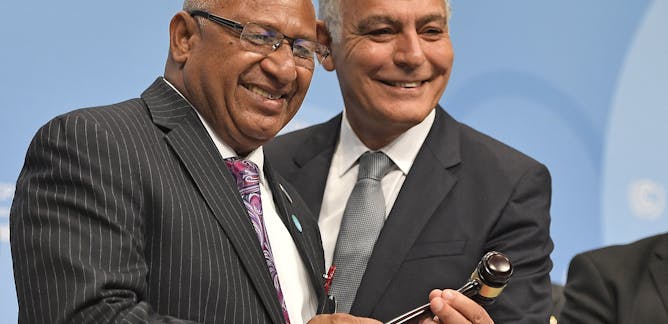
Martina Grecequet, University of Minnesota; Ian Noble, University of Notre Dame; Jessica Hellmann, University of Minnesota
Although climate change threatens the world's small island nations, many can find ways to adapt and preserve their homes and cultures – especially if wealthy countries cut emissions and provide support.
| |
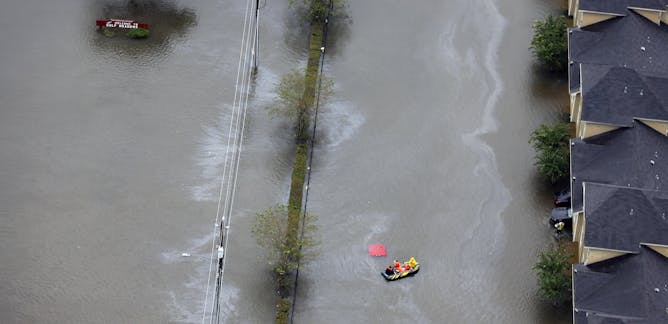
Clark Miller, Arizona State University; Thaddeus R. Miller, Arizona State University; Tischa Muñoz-Erickson, International Institute of Tropical Forestry
It's not just about rebuilding infrastructure after storms: Cities need to systematically rethink their knowledge systems which are at the heart of urban resilience.
|
|
|
| |
| |
| |
| |
| |
| |
|
|
|
|
|
|
| |